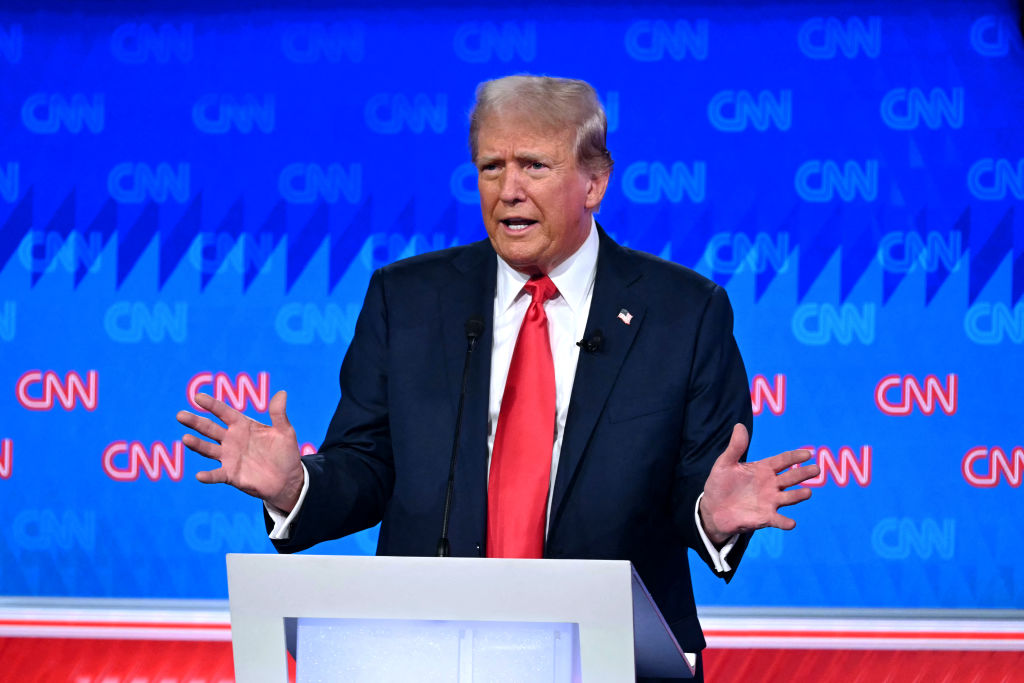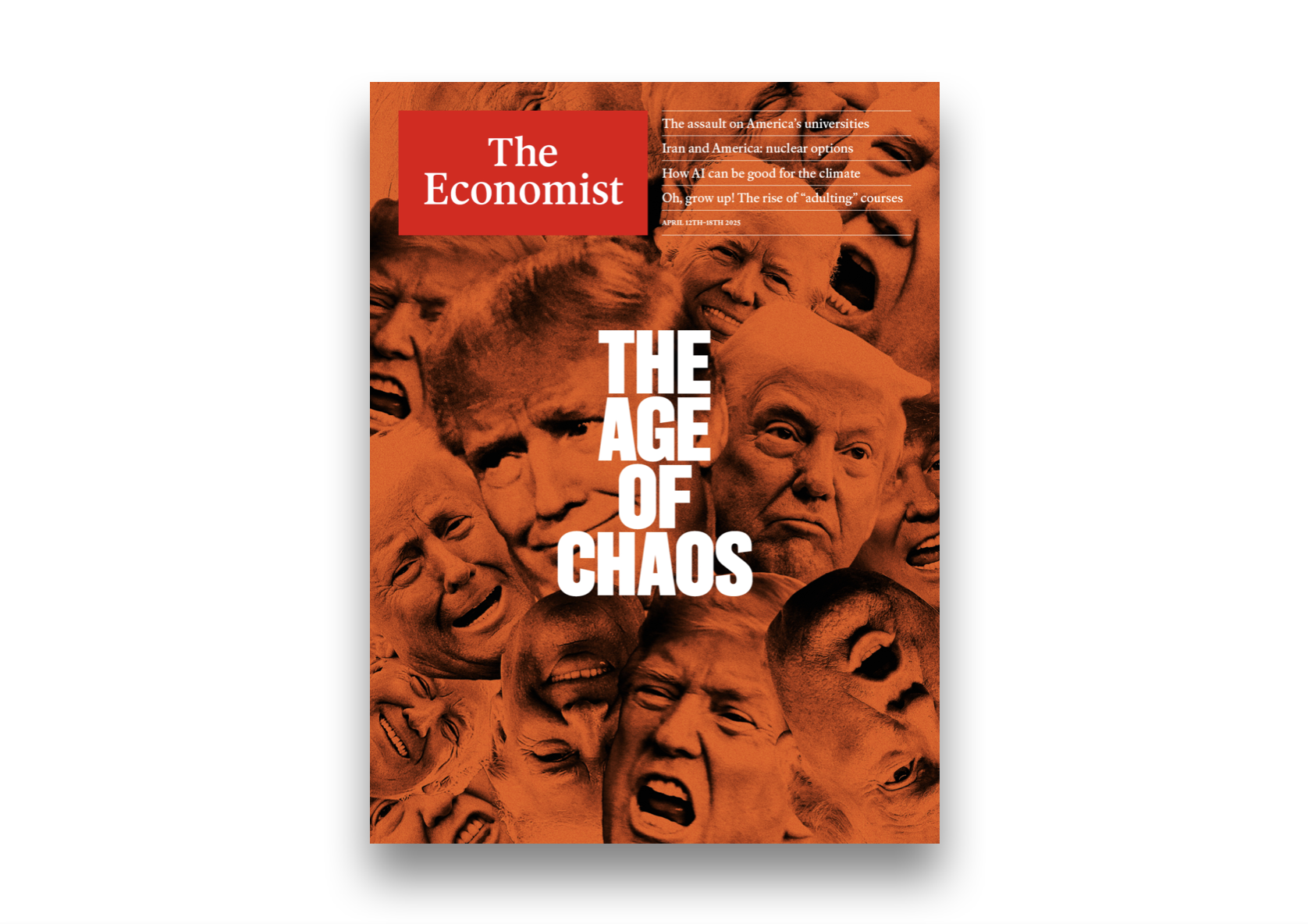On Thursday, Donald Trump and Kamala Harris agreed to debate September 10 on ABC. That’s good news for voters. They deserve to see and hear the two candidates contest the issues and explain their differences, unfiltered. The differences are dramatic. They need to be fleshed out, and they need pushback from the other side.
In fact, voters deserve more than a single debate. They deserve two or three so the issues can be explored in depth, away from scripted speeches, advertising spin, and biased media coverage.
The debates will be more valuable if they follow the model set by CNN’s Jake Tapper and Dana Bash, who moderated the face-off in Atlanta between Trump and Joe Biden, then the presumptive Democratic nominee. Tapper and Bash asked hard questions without descending into partisanship. The format was also exemplary. Without a cheering audience, the candidates were encouraged to focus on the substance. With a microphone open only to the candidate answering the question, the debate didn’t degenerate into a yell-fest.
Thanks to that straightforward format and neutral moderators, the nation could see the candidates without frills. What they saw truly shocked them: an ailing president struggling with cognitive decline. Once the secret was out, not smothered by an indolent White House press corps, Democratic Party’s bigwigs and major donors were forced to confront the grim reality. They looked at Biden’s health, his abysmal debate performance and his low poll numbers — and they pulled the plug.
It is crucial to note that Biden’s failure in the debate was purely his own. It wasn’t due to anything the moderators said or did. ABC have learned from CNN and avoided naming their most partisan newsman, George Stephanopoulos, for the debate. They need neutral moderators, not committed partisans. David Muir and Linsey Davis should do well.
How many debates should Trump and Harris hold? Two more after September 10 would be best for voters. But Harris has not agreed to additional debates and will be very reluctant to do so unless her polls begin slipping.
Why the hesitancy? For the same reasons she won’t hold news conferences or press briefings. Those are uncontrolled settings, and those pose three risks for Harris.
- Her poor record of impromptu speaking, where her garbled comments are often called ‘word salads’
- Harris concern about being called out for her true policy positions — and for trying to hide them. Those positions were extremely progressive in 2019 and 2020, when she was running in the Democratic primaries. In the general election, the same positions are cement shoes
- Her difficulty defending policy outcomes in the Biden-Harris administration, especially the unchecked illegal immigration, years of inflation, flat real incomes and dangerous problems in the Middle East and Ukraine, all of which arose during her years in the White House. Trump will also hammer her on whether she will extend his tax cuts, which are expiring. The alternative, he will say, is to raise taxes
Avoiding those risks is why Harris is confining herself to teleprompter speeches, paid advertising, and fawning coverage from the mainstream media. In those settings, she can control the message. On the debate stage, she cannot.
Trump faces a very different set of risks. If he is too aggressive, he looks like a bully, as many people already think he is. That’s not a hypothetical example. He made that costly mistake in a 2016 debate with Hillary Clinton.
On policy issues, Trump faces at least three big problems, all very different from those facing Kamala Harris. One is that his promises are airy. The goals are ambitious but the details are vague. How will he manage to deport millions of illegal immigrants? How will he pay for his proposals to end all taxes on tip and Social Security? How will he instantly end the wars in the Middle East and Ukraine, as he says? Airy promises are commonplace on the campaign trail, but they aren’t much fun to defend in debates.
Second, how will Trump convince voters he is firmly committed to the peaceful transfer of power? Voters, beyond his deeply committed base, are still worried about his failure to concede the 2020 election. That failure is sometimes encapsulated by the phrase “January 6,” but the issue is larger. Democrats will hammer it. It’s their best issue aside from abortion rights. Trump will respond that it is not him who is undermining our institutions. It’s his opponents with their lawfare campaign against him.
Unfortunately, both sides could be right. But that still leaves Trump with a problem. His repeated failure to acknowledge electoral defeat threatens the foundations of a liberal democracy. That may not trouble his base, but it troubles everyone else.
Trump’s third policy problem is completely different. It is that he wants the campaign to focus not on his proposals but on the failures of the Biden-Harris administration and on Harris’s promises to take the country much further left, all recorded in her own words. The more the focus is on Trump’s policies, the less it is on Harris’s ideas and the problems of the current administration.
For Trump, then, the best framing of the election is “Throw the bums out.” For Harris, it is “We must choose between two candidates and two futures.”
That will be the crux of the coming debate and the campaign. Prosecuting the case against Harris and emphasizing the current administration’s failures will be Trump’s goal. Harris, a former prosecutor, says she is prepared to fight back hard, to defend the administration’s record, and to promote her progressive vision. The question is how will she promote it? On the teleprompter and TV ads — or in debates that put her vision to the test?


























Leave a Reply